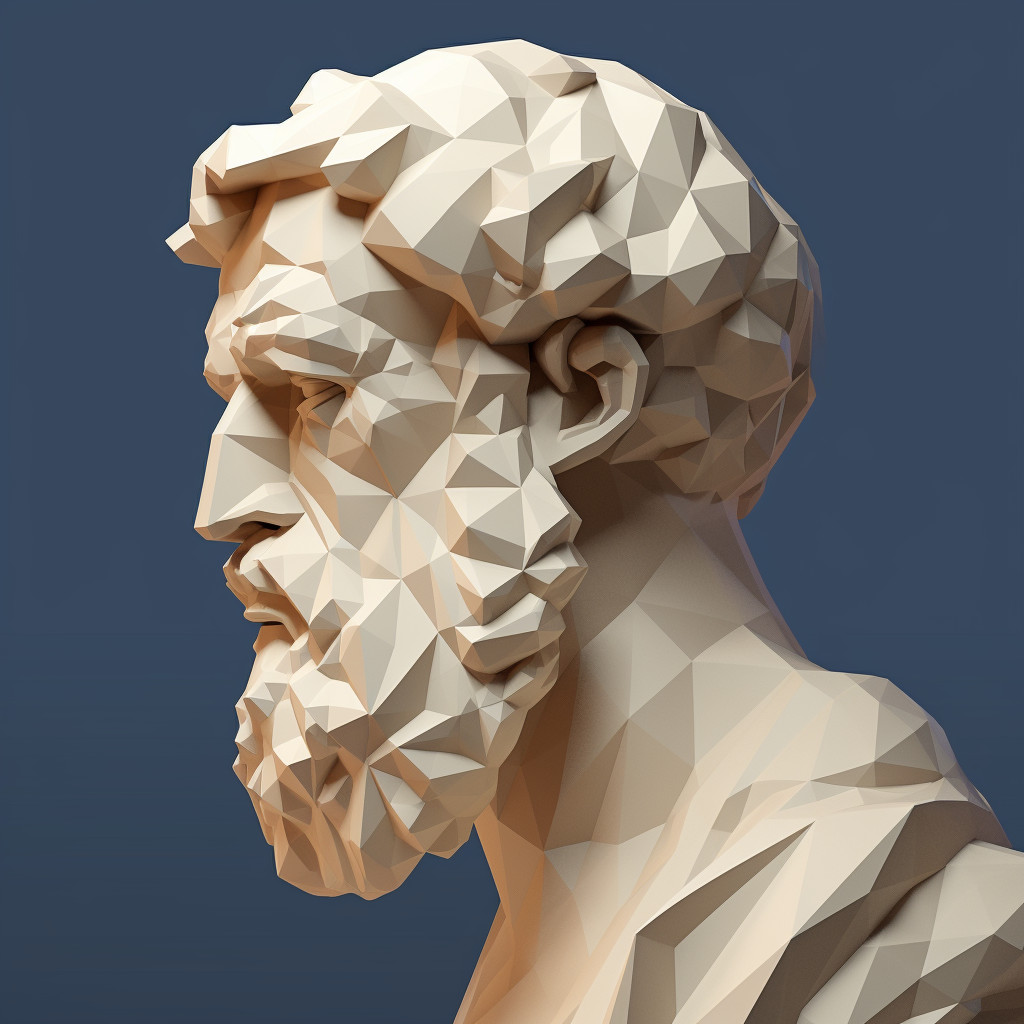This quote suggests that the ancient philosopher Thales was more interested in the process of gaining knowledge, rather than the knowledge itself. In other words, Thales was more concerned with the methods or paths we use to acquire knowledge, rather than the final result or the knowledge acquired. He was interested in the ways we validate or verify our knowledge – how we discern truth from falsehood, fact from fiction, and knowledge from ignorance.
This approach is fundamentally important in the field of epistemology, the philosophical study of knowledge and belief. It encourages a critical, questioning perspective, and a focus on the reliability, limitations, and scope of our knowledge.
In today’s world, this idea is more relevant than ever. With the proliferation of information and misinformation on the internet and social media, it’s crucial to develop critical thinking skills to evaluate the credibility and reliability of information sources. We need to ask ourselves: How do we know what we know? Where did this information come from? Is it reliable? Is it biased?
In terms of personal development, this idea encourages us to be more reflective and self-aware. It pushes us to question our beliefs and assumptions, and to seek out evidence and reasoned arguments to support them. It also encourages us to be open-minded, to consider different perspectives, and to be willing to change our minds in the light of new evidence or better arguments.
In summary, Thales’ approach to knowledge is not just about acquiring facts, but about developing a thoughtful, critical, and open-minded approach to learning and understanding the world. It’s about the journey, not just the destination.






